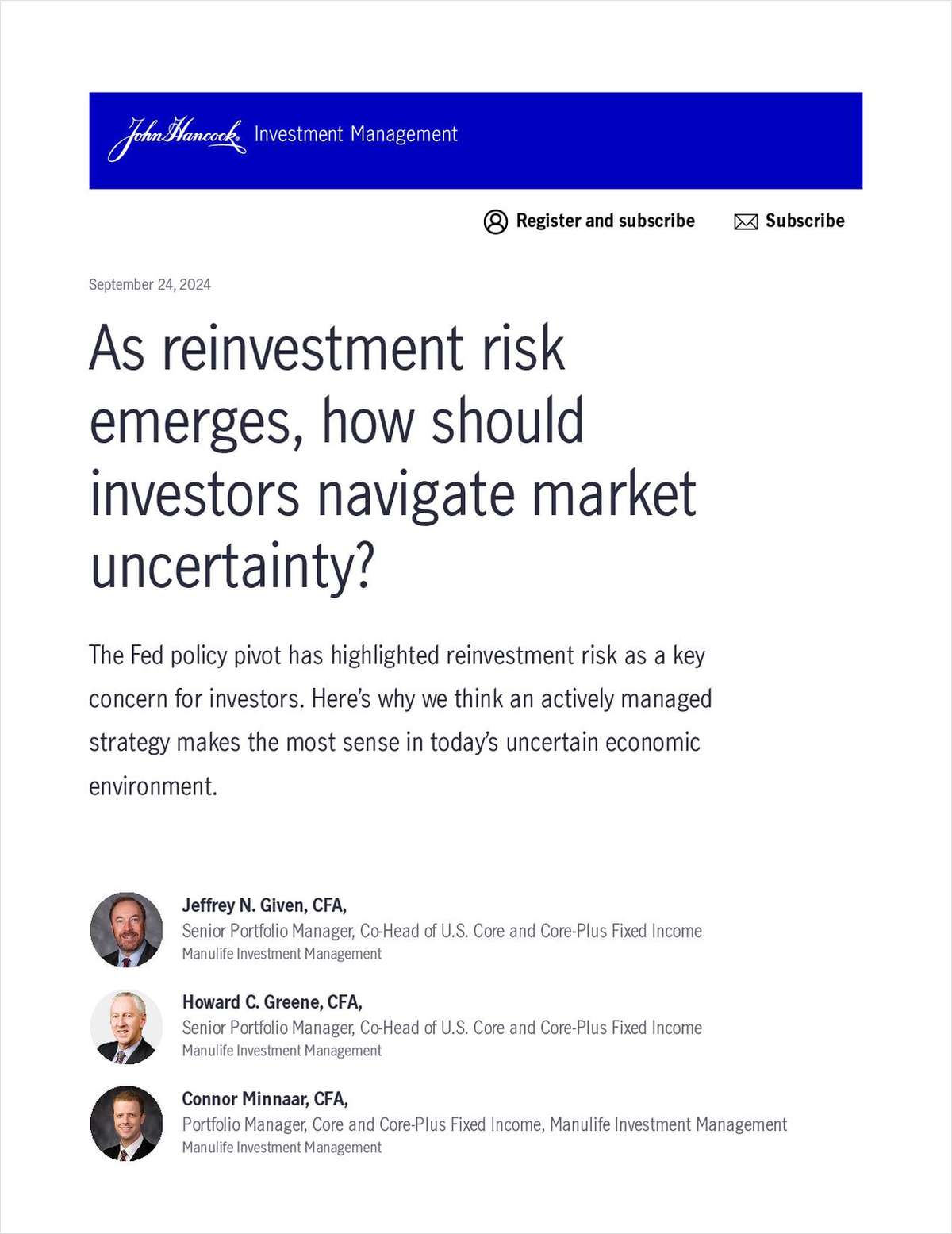Some day, all in-force private long-term care insurance (LTCI) policies will be based on accurate actuarial assumptions, Ben Bernanke will stop clubbing insurance companies on the head with an interest-rate hammer, and the overall economy will be better.
But people — even reasonably well-informed people — will still have a tendency to react to thoughts about the future by freezing in place and not doing anything.
A beloved LifeHealthPro.com reminded me of this tendency in my own self a week ago by asking me what I'd done about own long-term (LTC) plan.
The grim reality is that I have low salary, a weakness for cappucino, a child, a terror of trying to use my health insurance to get the kinds of preventive care that make an individual attractive to insurance company underwriters, and. above all, an utter lack of a serious ability to imagine that any future other than the future portrayed in Soylent Green could really exist.
Congressional Democrats are horrified by the idea that the Republicans might try to reduce Medicare and Social Security benefits for people like me who are part of Generation X. I'm just somewhat surprised by (and skeptical about) the fact that Congress has not yet given me a date when I'll have to report to the protein supplement factory.
But, of course, all of the World War IIIs that I spent my life expecting have not yet started up, and it could well be that the republic in which I live, something resembling capitalism, and even investment funds could continue into the future and do really, really well.



